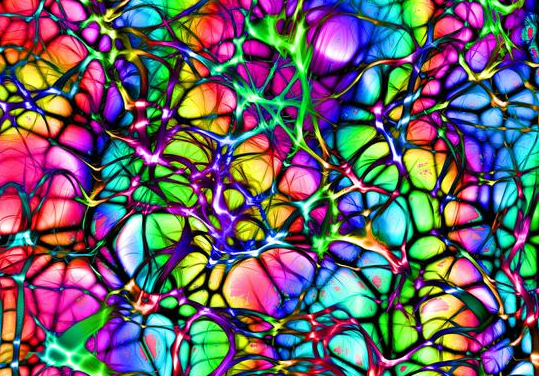Researchers at the National Institute of Standards and Technology (NIST) say the newly developed superconducting switches will soon make computers make decisions like humans, actually making computers an artificial brain. One day, this new technology enables advanced artificial intelligence (AI) systems to be applied in everything from transportation to medicine and is an integral part of our daily lives.
Researchers say the switch is called an artificial synapse, very similar to a biological brain, and can be "learned" by processing the received electrical signals and generating corresponding output signals. This process is similar to the function of synapses in the brain to allow neurons to communicate information to each other. "Science Advances," published on January 26, published a paper on artificial synapses shaped like a metal cylinder 10 microns in diameter. The system can learn from experience and even from the surrounding environment.

With the increasing popularity of AI, this artificial switch is even better than a true synapse, consumes less energy than the brain, and transmits signals faster than human neurons. For example, human synapses can only be sent about 50 times per second, but manual switches can send 1 billion times per second. This has a major impact on information processing because the faster the frequency of transmitting and receiving electrical signals, the stronger the synaptic connections. This type of switch improves the performance of the "neural-mode computer", enabling AI to improve the perception and decision-making capabilities of smart devices such as self-driving cars, and even for cancer diagnostic tools.
The world's largest automakers are investing in autonomous driving technology, but there is still a long way to go to achieve this goal. Regardless of how safe autonomous cars will eventually become, AI drivers will face ethical dilemmas about how to prioritize passenger safety or to ensure the safety of others in the accident. New artificial switches make the artificial brains that make these decisions more capable of dealing with this ethical dilemma.
This switch also helps us develop more accurate AI and diagnose diseases such as heart disease and lung cancer. For example, the artificial brain tested by doctors at John Radcliffe Hospital in Oxford, England, has successfully improved the ability of doctors to detect life-threatening heart disease. A startup company says its AI system can detect lung cancer earlier than doctors and save more every year. Up to 4,000 lives. Although AI is a game changer in medicine, it cannot handle tasks such as context recognition on traditional computers.
NIST researchers say these computers don't remember as humans. The human brain processes and stores information simultaneously on the synapses, but the computer is performed separately. The latest artificial synapses solve this problem, allowing computers to mimic the human brain. Although the device is still being tested, researchers believe that the ability of a new generation of artificial brains will be greatly improved.
Insulated Terminals,Terminals,High-quality insulated terminals
Taixing Longyi Terminals Co.,Ltd. , https://www.lycopperterminals.com